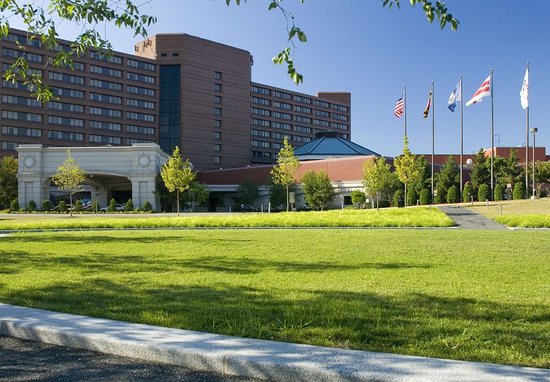The newest thing that has been presented is the new treatment for chronic hepatitis C in regimens without interferon. Two or three drugs that inhibit different proteins of virus C (NS3, NS5A, NS5B) are administered to eliminate it. The percentage of cure obtained with these drugs is very high (around 90%) and the duration of treatment is shorter (about 12 weeks). Apparently, these new drugs can be successfully administered to all types of patients with hepatitis C (non-responders to previous treatment, cirrhosis, etc.). They are much better tolerated than treatments that include interferon and the most frequent side effects are pain. head, fatigue and gastrointestinal symptoms (diarrhea, nausea).
Phase III studies are underway and it is assumed that over the next year these drugs will be commercially available. Probably several medicines will be marketed (Sofosbuvir, Declastavir, Asunaprevir, …). In any case, we must wait to know if these high percentages of cure are maintained in daily clinical practice with numerous patients since this percentage of success often decreases. A much longer follow-up is also necessary in order to check if the cure is maintained or reactivations appear.
On the other hand, our Foundation has presented two studies. In one of them we demonstrated the efficacy of the administration of Ursobilane (ursodeoxycholic acid) in the treatment of hepatitis C in patients who did not respond to antiviral drugs. In the other study it was found that a test developed by us to detect antibody against hepatitis C virus is more sensitive and detects more cases of infection by virus C in patients on hemodialysis than the rest of commercial tests available.



